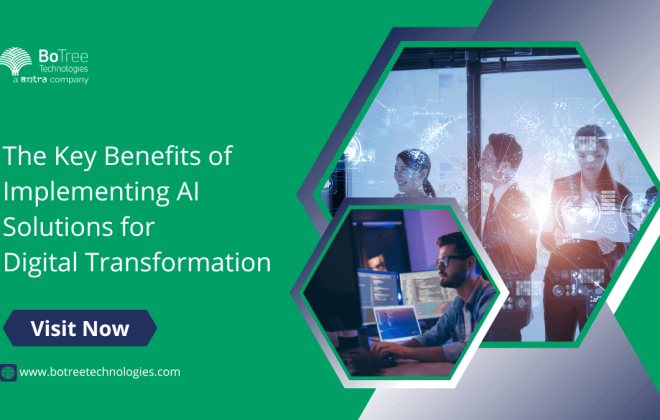
Simplifying Reporting and Analytics with RPA Technology
RPA has acquired a significant place in the functioning of several major companies.
Creating a virtual workforce has become a priority for companies all over the world to transform their operations by automating tasks ranging from data entry to administrative processes.
It doesn’t, therefore, come as a surprise in a report by grand view research that the global RPA solutions market is expected to reach USD 3.11 billion by 2025.
The Role of RPA Technology in Analytics
Today, RPA isn’t just limited to mundane tasks like data entry or industrial manufacturing but has stepped into critical activities like providing insights from operational data, analysis of gathered data and preparing reports that present the performance summary.
- Analytical robots have made it easier to streamline business processes like customer service, workflow structuring & support processes. They provide a thorough analysis of the customer’s data and automate solutions or redirect them to the appropriate department based on their insights.
- RPA solutions once implemented in the organizational system will significantly impact monitoring & call center jobs by segregating the work quickly & answering queries in record time.
- Reporting has been a complex & time-consuming task for decades. With the help of RPA consultants, companies can determine parameters related to specific reports so that the RPA system can gather the appropriate data and prepare the report in less time. Instead of wasting time on this manual & repetitive task, managers can then focus on high involvement task that enhances organizational productivity.
- By integrating RPA with the ERP system, companies can automate data analytics as the process of copying and pasting data will be easily automated. After this, the robots can analyze the data, process the results using defined parameters and provide a summary to the respective departments in an organized manner.
- RPA technology offers several growth avenues for enterprises by limiting human resource allocation to routine tasks. They will assist in thinning down the wastage of resources and offer organization with intelligent processes to achieve maximum efficiency. Analytics & reporting are key aspects that can be simplified with the help of RPA architects.
What’s next in RPA?
The future certainly seems bright for RPA. With this technology, organizations can maximize their compliance achievement which impacts business decision making. Robotic process automation solutions will definitely balance the operational workload.
Robots can provide insights in real-time and with company-wide implementation, they have the capability to drastically improve upon the conventional business processes.
For the success of RPA in the organization, the human workforce must be aligned to work in harmony with the virtual one. Enhanced accuracy & decreased processing time will be achieved as a result of this compliance.
RPA will lead the analytics & reporting activities to be completed within a specified time-frame and increase efficiency by optimizing tasks like transaction processing, claims management & query resolution; the essentials of maximizing the organizational productivity.




